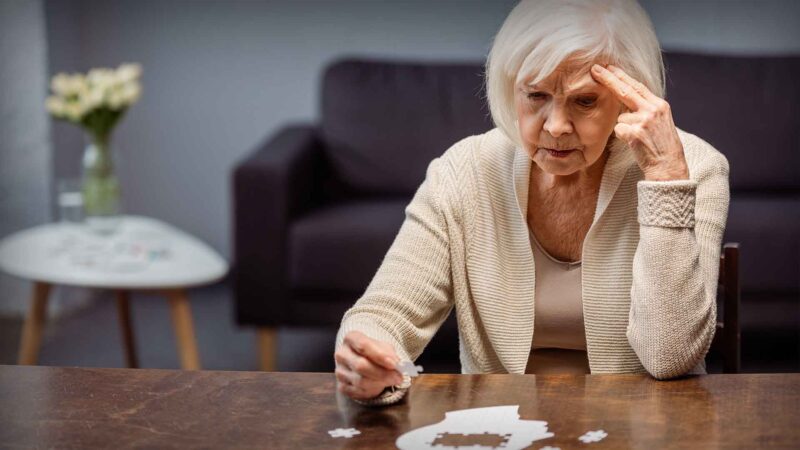Social isolation refers to limited social contact and interaction with others, resulting in feelings of loneliness and disconnection. It disproportionately affects the elderly due to factors like loss of friends and family, retirement, reduced mobility, ageism, and limited access to technology. The elderly are at higher risk of social isolation as they may experience a shrinking social circle and face barriers to social participation. Social isolation has significant detrimental effects on their mental and physical well-being, leading to increased rates of depression, anxiety, cognitive decline, and reduced quality of life. Addressing social isolation among the elderly is crucial for promoting their overall health and happiness.
Social prescribing is a healthcare approach that recognises the importance of social factors in overall well-being. It involves connecting individuals with non-medical activities and community resources to improve their health and quality of life. Healthcare professionals, such as doctors or social workers, “prescribe” activities like art classes, gardening, exercise groups, or support groups, which can address underlying social determinants of health and promote holistic well-being. By addressing social isolation, mental health, and lifestyle factors, social prescribing aims to enhance individual health outcomes and reduce the burden on healthcare services.
Social prescribing provides support in various areas of people’s lives, leading to increased confidence, improved navigation of systems, and enhanced friendships and trust in healthcare, while communities should be designed in an age-friendly way to prevent isolation.
In Part 1 of the Models of Care on Social Prescribing, Australian Health Journal spoke to 4 people advocating for social prescribing in Australia:
- Dr Michelle Lim, Scientific Chair and Chairperson, Ending Loneliness Together
- Patricia Sparrow, Chief Executive Officer, COTA Australia
- Dr Paresh Dawda, General Practitioner, Director and Principal, Next Practice Deakin. All well as being a UK GP
- Tracey Johnson, Chief Executive Officer, Inala Primary Care
The discussions with these advocates emphasise social prescribing is a necessary solution to address isolation, loneliness, and stress, but it requires more resources, funding, and support to make it accessible and affordable for individuals, particularly older Australians.
You Might also like
-
Patient-paramedic trust can help free up emergency departments
Dr. Robbie King is a Senior Advanced Care Paramedic with the Queensland Ambulance Service and a community paramedic. He is also a lecturer at the Australian Catholic University in Brisbane. After studying paramedicine and working as a student paramedic since 2009, he recognised that most patients attended by ambulance services did not require emergency interventions.
-
Report: Youth pathways to health services
The 2020 Youth Health Forum (YHF) was created to make young people’s ideas and experiences part of our national discussions about services for young Australians.
Healthcare professionals across Australia have long recognised the problem of young people falling through the gaps of a health system that wasn’t designed for them.
-
Role of milk in cognitive function and quality of life in older adults
New research emphasises the role of cows’ milk, particularly A1 protein free milk, in enhancing cognitive function and quality of life for older adults with mild cognitive impairment (MCI). A multi-centre, double-blinded, randomised controlled clinical study published in *The Journal of Nutrition, Health and Aging* evaluated 88 milk-tolerant Chinese adults aged 65-75 over three months. Participants consumed either ordinary skim milk or A1 protein free skim milk, leading to improvements in various cognitive assessments.



